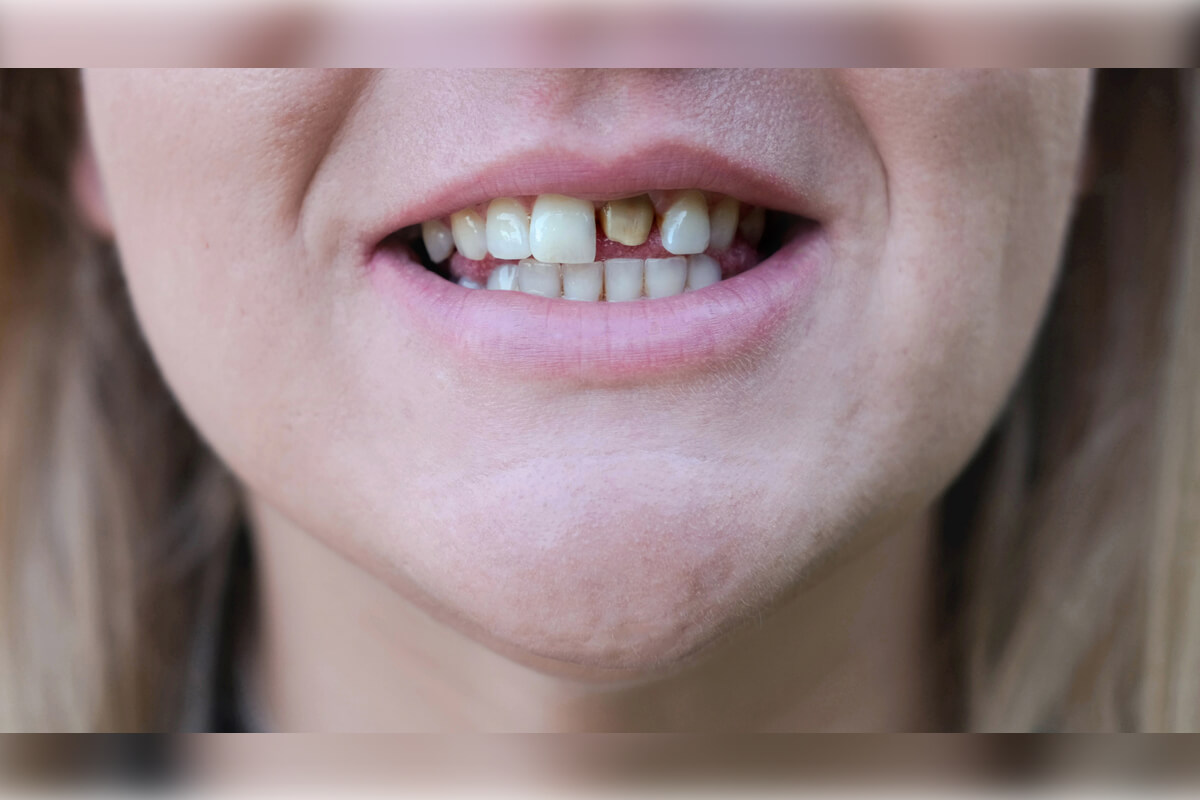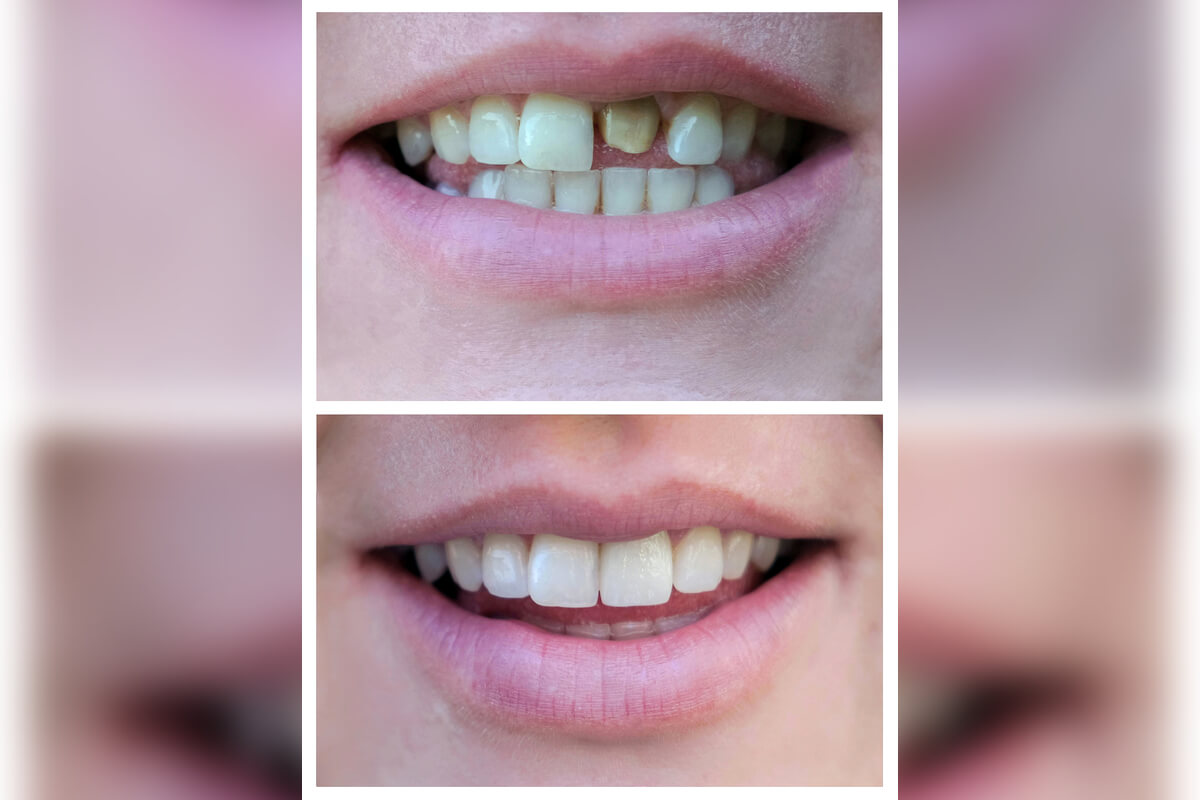Crowning Achievement: 10 Signs You Might Need a Dental Crown
A healthy, radiant smile is a cornerstone of confidence and overall well-being. Sometimes, our teeth need a little extra support to maintain their strength and appearance. Dental crowns are a versatile solution that can address various dental issues, restoring both function and aesthetics. In this post, we’ll explore ten common signs that might indicate you need a dental crown, helping you recognise when it’s time to consult your dentist about this treatment option.
Understanding Dental Crowns
Before we dive into the signs, let’s briefly explain what a dental crown is. A crown is a custom-made cap that fits over a damaged or weakened tooth, restoring its shape, size, strength, and appearance. Crowns can be made from various materials, including porcelain, ceramic, metal alloys, or a combination of these.
10 Signs You Might Need a Dental Crown
1. Large Fillings
Extensive tooth decay
If you have a tooth with a very large filling, especially one that covers more than half of the tooth, it might be time to consider a crown. Large fillings can weaken the remaining tooth structure, making it more susceptible to fractures or further decay.
2. Cracked or Fractured Teeth
Visible cracks or chips
Teeth with noticeable cracks or chips are prime candidates for crowns. These issues can worsen over time, leading to pain, sensitivity, and potential tooth loss. A crown can hold the tooth together and prevent further damage.
3. Severe Tooth Wear
Flattened or shortened teeth
If you notice your teeth looking shorter or flatter than they used to, it could be due to severe wear. This can result from grinding (bruxism), acidic foods, or certain medical conditions. Crowns can restore the original shape and protect the remaining tooth structure.
4. Root Canal Treatment
Post-endodontic care
After root canal therapy, teeth often require crowns to protect them from further damage. The endodontic treatment and crowns work together in restoring compromised teeth.
5. Discoloured or Misshapen Teeth

Aesthetic concerns
If you have a tooth that’s severely discoloured or oddly shaped, a crown can provide a cosmetic solution. This can greatly improve the appearance of your smile and boost your confidence.
6. Dental Bridge Support
Anchoring artificial teeth
If you’re getting a dental bridge to replace one or more missing teeth, the adjacent teeth often need crowns to serve as anchors for the bridge.
7. Weakened Teeth
Preventive measure
Some teeth may be at risk of breaking due to weakened structure, even if they haven’t cracked yet. Your dentist might recommend a crown as a preventive measure to avoid more serious damage in the future.
8. Persistent Sensitivity
Temperature and pressure discomfort
If you experience persistent sensitivity to hot, cold, or pressure in a specific tooth, it could indicate significant wear or decay. A crown can provide insulation and protection, alleviating the sensitivity.
9. Difficulty Chewing
Functional issues
If you find it challenging to chew properly due to a damaged or worn tooth, a crown can restore normal function and make eating comfortable again.
10. Previous Crown Replacement
Wear and tear on existing crowns
Dental crowns don’t last forever. If you have an old crown that’s showing signs of wear or damage, it might be time for a replacement.
When to Seek Professional Help
If you’re experiencing any of these signs, it’s crucial to evaluate your oral health with a professional. Regular dental check-ups can help in identifying tooth damage early, potentially saving you from more extensive treatments down the line.
Emergency Situations
In some cases, you might need immediate attention. If you experience sudden tooth damage, don’t hesitate to seek emergency dental care. Many dental practices offer same-day crown treatments to address urgent issues promptly.
The Crown Fitting Process
Getting a dental crown typically involves two appointments. During the first visit, your dentist will prepare the tooth, take impressions, and fit you with a temporary crown. The second appointment involves placing the permanent crown, which is custom-made to fit your tooth perfectly.

Caring for Your Dental Crown
Once you have a dental crown, it’s essential to maintain good oral hygiene. Brush twice daily, floss regularly, and attend routine dental check-ups. With proper care, your crown can last for many years, continuing to protect your tooth and enhance your smile.
Remember, while this guide can help you recognise potential signs, only a dental professional can determine if you truly need a crown. If you’re concerned about the health or appearance of your teeth, don’t hesitate to book a consultation with your dentist. They can provide a comprehensive assessment and recommend the best treatment plan for your individual needs.
By staying proactive about your dental health and addressing issues early, you can maintain a healthy, beautiful smile for years to come. Whether you need a crown or another dental solution, taking action sooner rather than later is always the best approach for your oral health.
